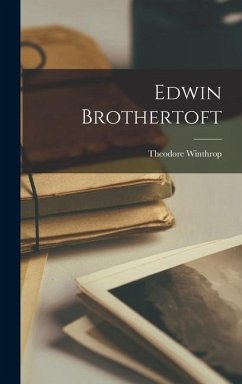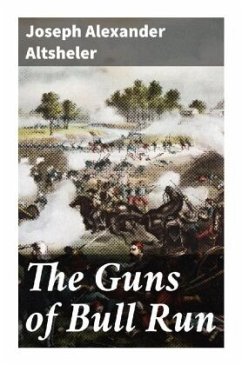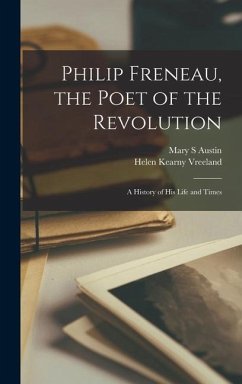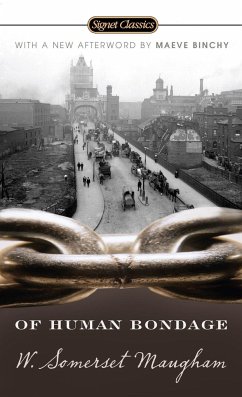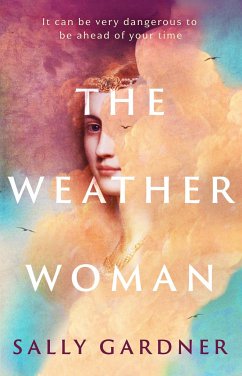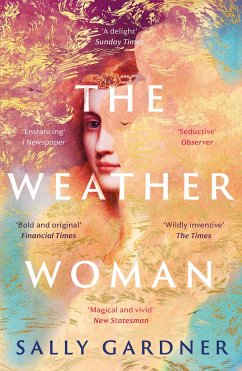
Edwin Brothertoft
Versandkostenfrei!
Versandfertig in 6-10 Tagen
8,99 €
inkl. MwSt.
Weitere Ausgaben:

PAYBACK Punkte
4 °P sammeln!
Set against the backdrop of mid-19th century America, Theodore Winthrop's "Edwin Brothertoft" intricately explores themes of individualism, community, and the moral complexities of existence. This novel, characterized by its vivid prose and nuanced character development, captures the internal struggles of its eponymous protagonist, Edwin, as he navigates the intricacies of relationships and societal expectations. Winthrop's literary style blends Romantic sensibilities with emerging Realist tendencies, offering profound philosophical reflections while painting a detailed portrait of contemporar...
Set against the backdrop of mid-19th century America, Theodore Winthrop's "Edwin Brothertoft" intricately explores themes of individualism, community, and the moral complexities of existence. This novel, characterized by its vivid prose and nuanced character development, captures the internal struggles of its eponymous protagonist, Edwin, as he navigates the intricacies of relationships and societal expectations. Winthrop's literary style blends Romantic sensibilities with emerging Realist tendencies, offering profound philosophical reflections while painting a detailed portrait of contemporary American life and the burgeoning conflict between personal desires and social obligations. Theodore Winthrop, a writer and social reformer, was steeped in the intellectual currents of his time, with connections to influential figures in literature and politics. His experiences, particularly as a soldier in the Civil War and his travels through various American landscapes, deeply informed his literary voice, imbuing it with a sense of urgency and realism. Winthrop's keen observation of human nature and societal norms shines through in "Edwin Brothertoft," rendering it not just a narrative but a reflection of the nation's evolving identity. Readers seeking a rich literary experience will find "Edwin Brothertoft" a rewarding exploration of human complexity and social critique. Winthrop's deft storytelling invites contemplation of the delicate balance between individual aspirations and the demands of society, making this work a compelling addition to the canon of 19th-century American literature.




